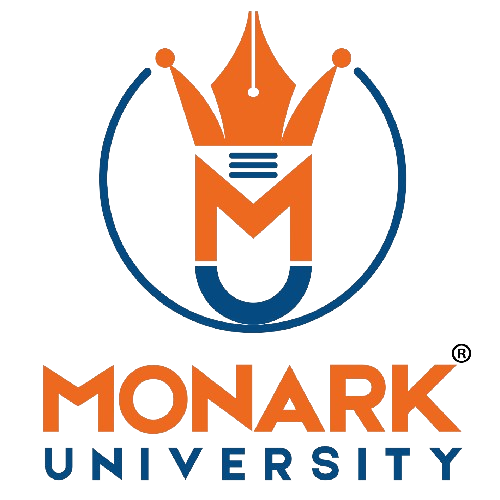Biochemistry
The B.Sc. (Hons.) in Biochemistry at Monark University offers a comprehensive curriculum that integrates core biochemical concepts with advanced laboratory techniques and research opportunities. The program emphasizes a deep understanding of molecular biology, enzymology, metabolic pathways, and biotechnology, preparing students for careers in research, healthcare, and the pharmaceutical industry. With experienced faculty, modern labs, and a strong focus on practical learning, students gain hands-on experience and critical analytical skills. The holistic approach to education, including courses like 'Indian Culture and Skill Development,' ensures well-rounded personal and professional growth, making it an excellent choice for aspiring biochemists.
Program Outcomes
Develop a strong foundation in core biochemistry principles, including molecular biology, metabolic pathways, and enzymology.
Gain practical laboratory skills and proficiency in using modern biochemical tools and techniques.
Understand the application of biochemistry in health, medicine, and biotechnology industries.
Enhance critical thinking, problem-solving, and research capabilities through hands-on experiments and projects.
Build an interdisciplinary approach by integrating biochemistry with fields like microbiology, genetics, and molecular biology.
Foster an understanding of the ethical, environmental, and societal implications of biochemical research and practices.
Cultivate effective communication skills for presenting scientific data and research findings.
Prepare for advanced studies or professional careers in research, pharmaceuticals, healthcare, and biotechnology sectors.
Develop skills in teamwork, leadership, and project management for collaborative scientific work.
Career Opportunities
Biochemist
Research Scientist
Laboratory Technician
Quality Control Analyst
Clinical Biochemist
Pharmaceutical Scientist
Course Details
Course Duration
4 Years (8 Semesters) – Multiple Entry & Multiple Exit Enabled
Eligibility Criteria
Completion of 10+2 (or equivalent) with a minimum of 35% marks in aggregate.The candidate must have studied Physics, Chemistry, and Biology in the qualifying examination.
Laboratories
Biochemistry Laboratory
Spectrophotometer: Used for measuring the absorbance or transmittance of light through a sample, essential for analyzing concentrations of various biomolecules.
Centrifuge: For separating components of a sample based on density through high-speed spinning, used in protein and DNA RNA extraction.
pH Meter: For accurately measuring the pH levels of solutions, essential for enzyme activity and buffer preparations.
Incubator: Used for maintaining controlled temperature conditions for bacterial or cell cultures, essential for biochemical experiments involving living organisms.
Microscope: For observing cells, tissues, and microorganisms at high magnification, integral in biochemistry research.
Water Bath: To maintain samples at a constant temperature for experiments involving enzymes, reactions, and biochemical assays.
Refrigerated Centrifuge: For handling temperature-sensitive samples while performing centrifugation.
Biosafety Cabinet: Ensures safe handling of biological samples, preventing contamination during biochemical experiments.
